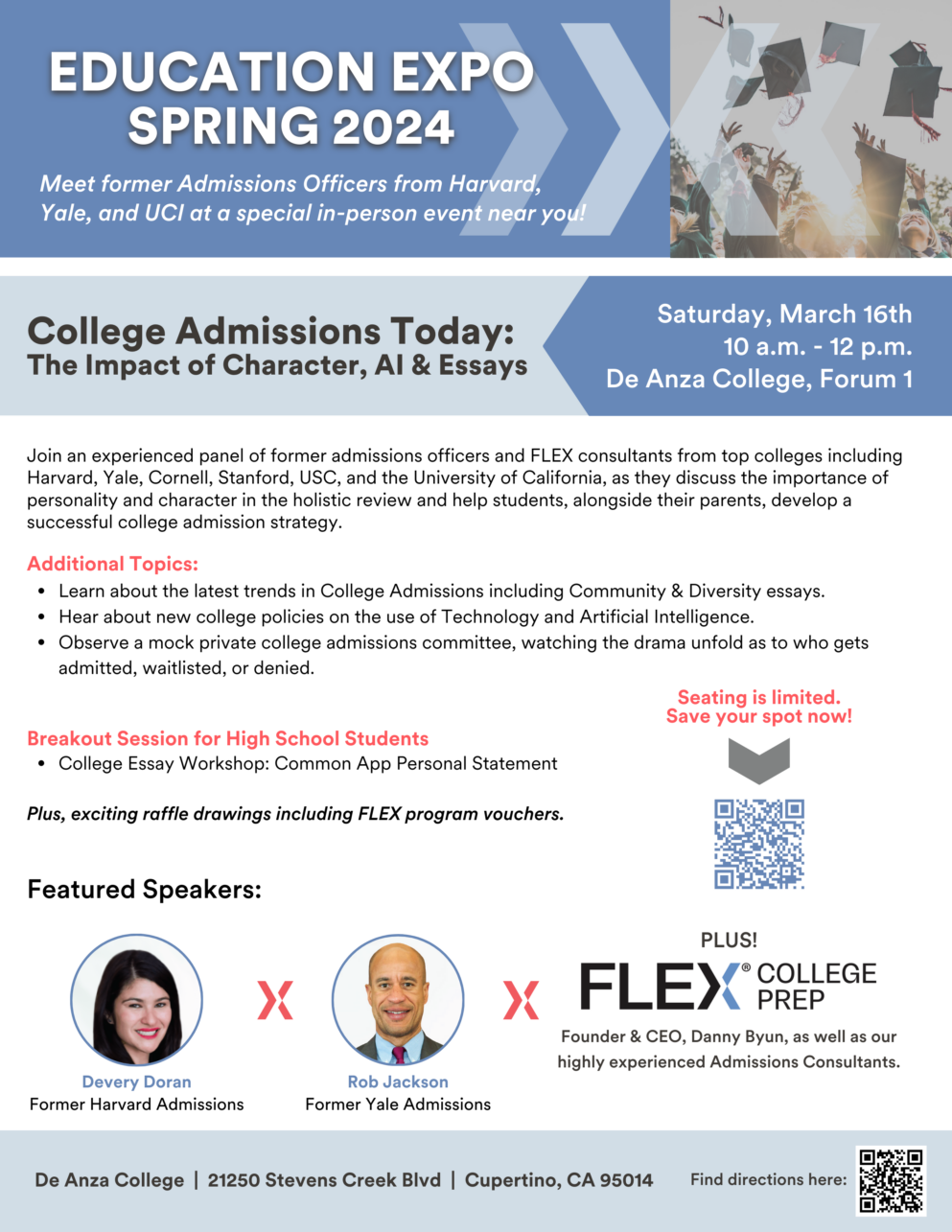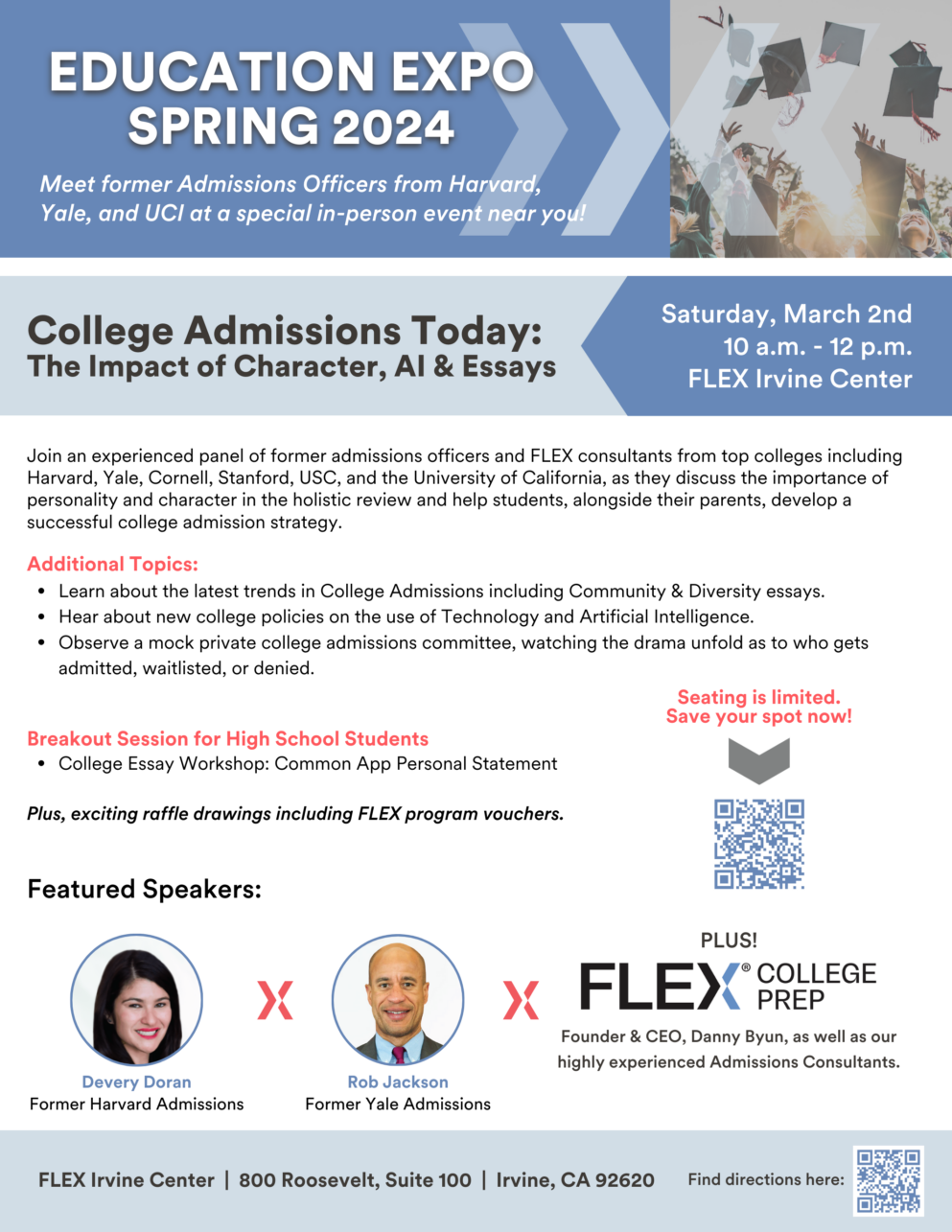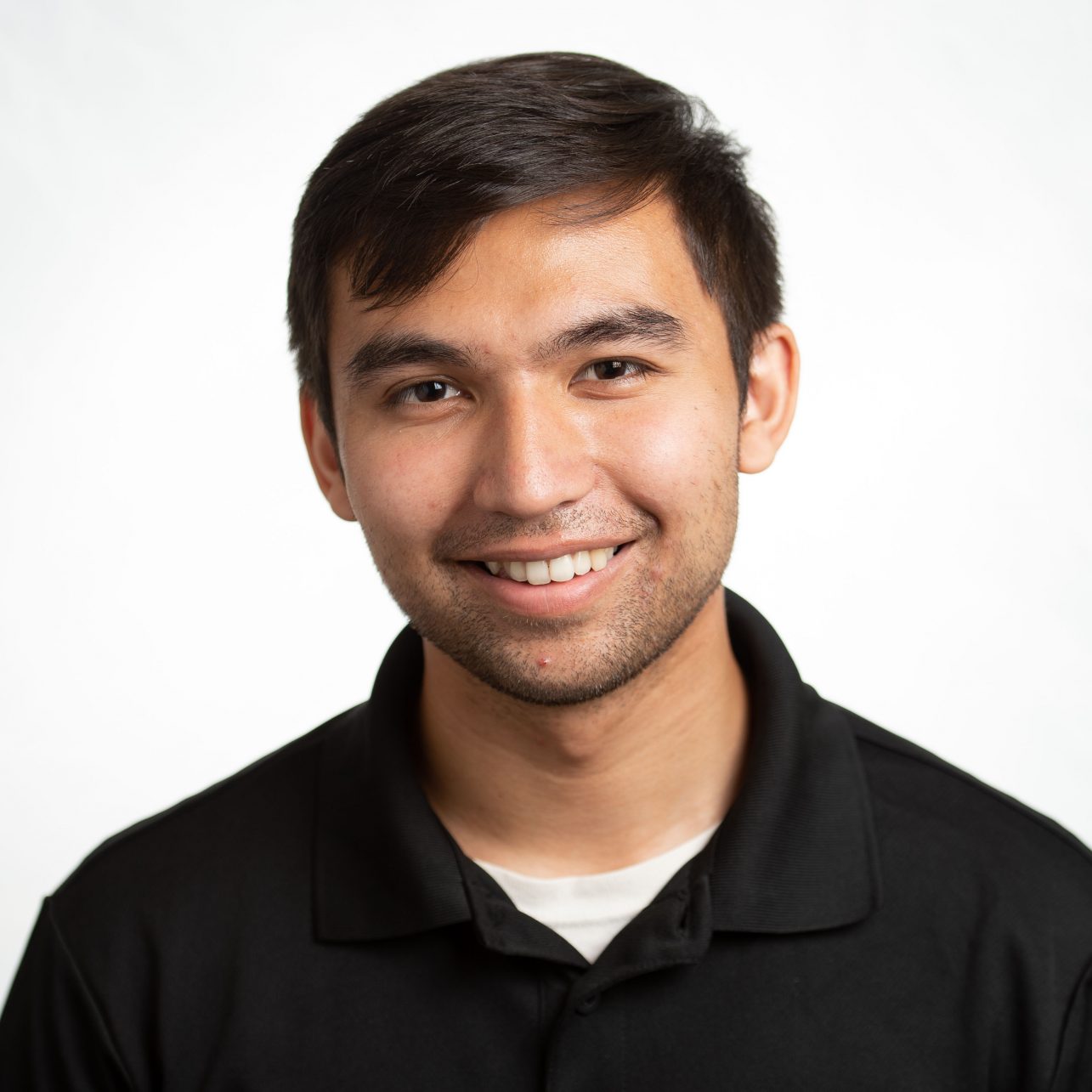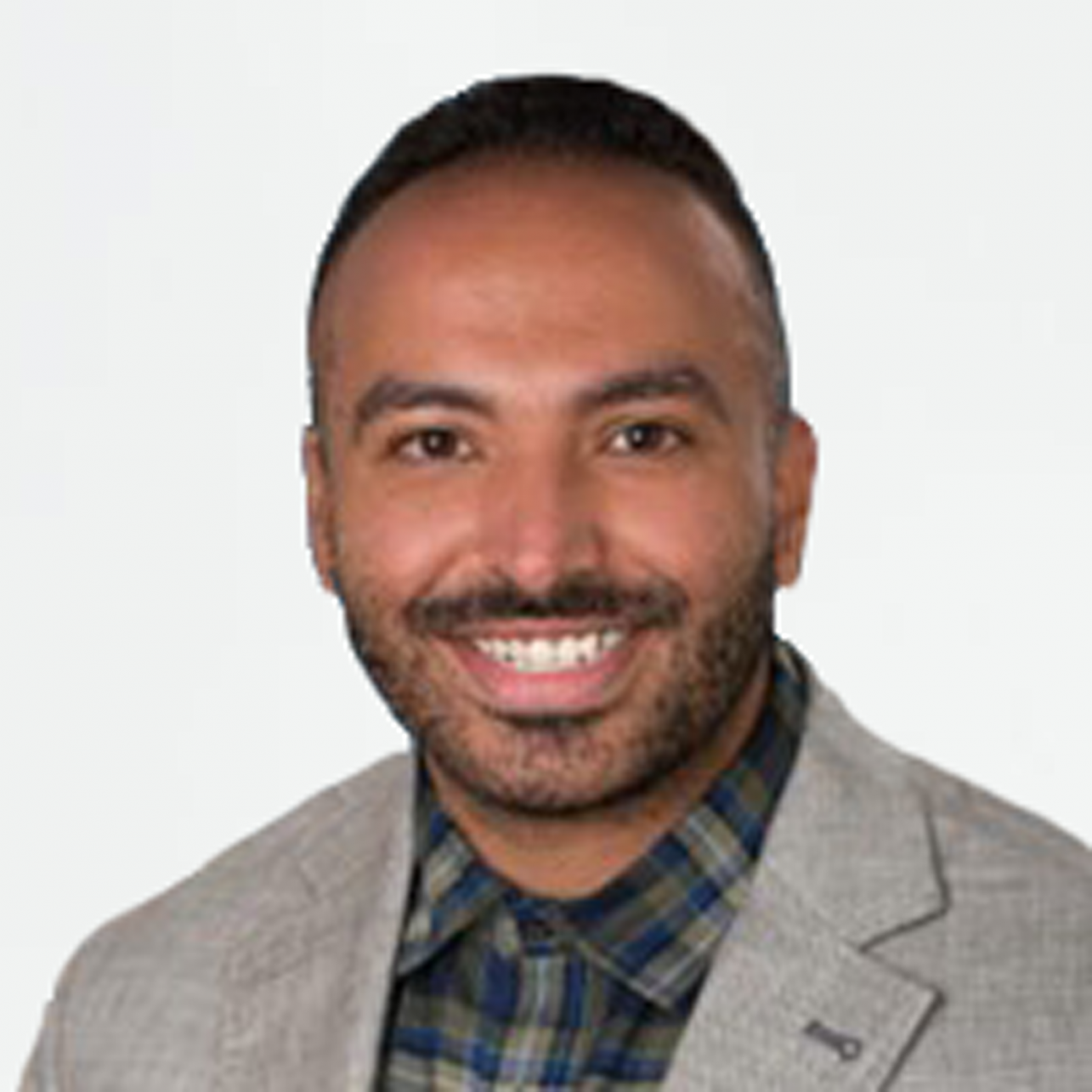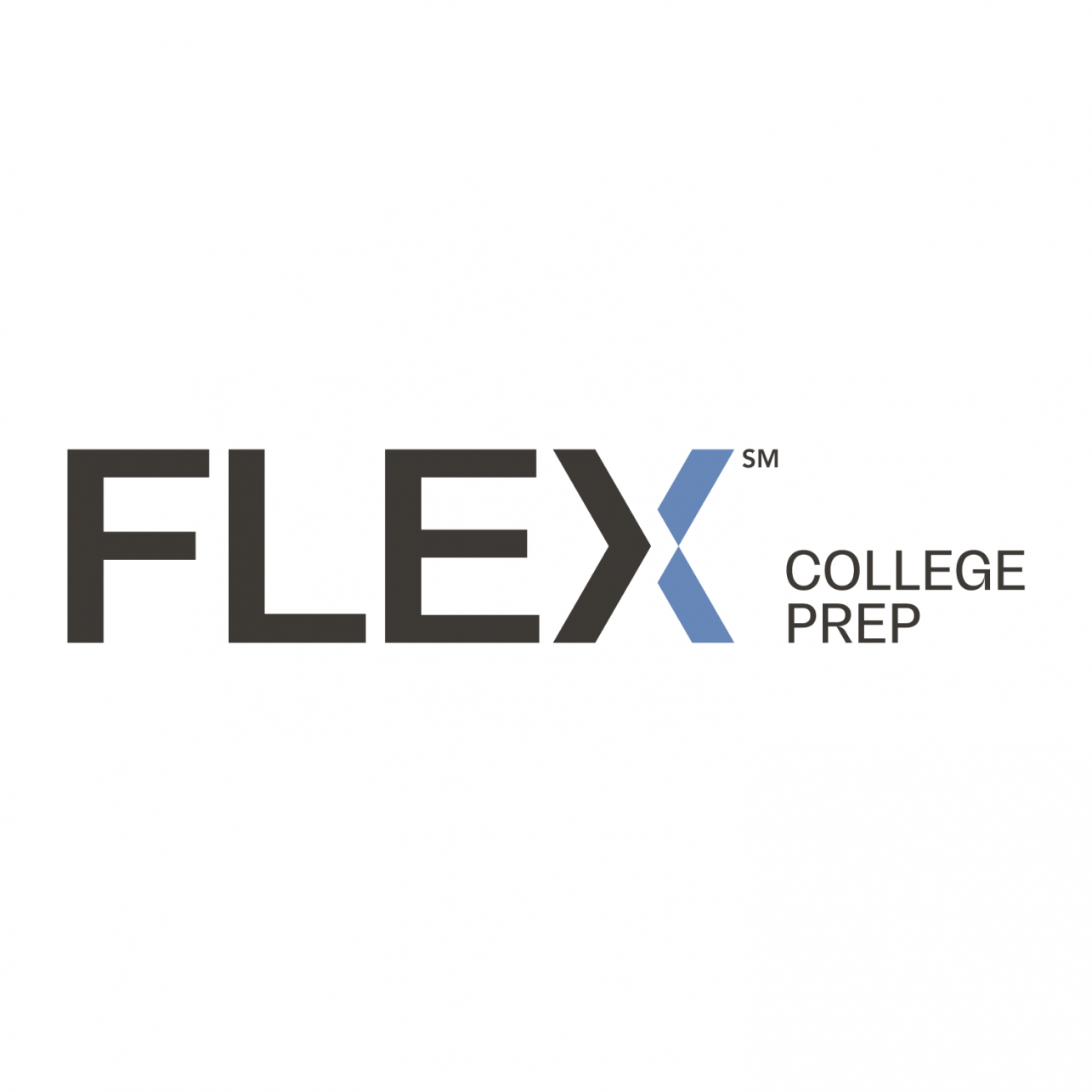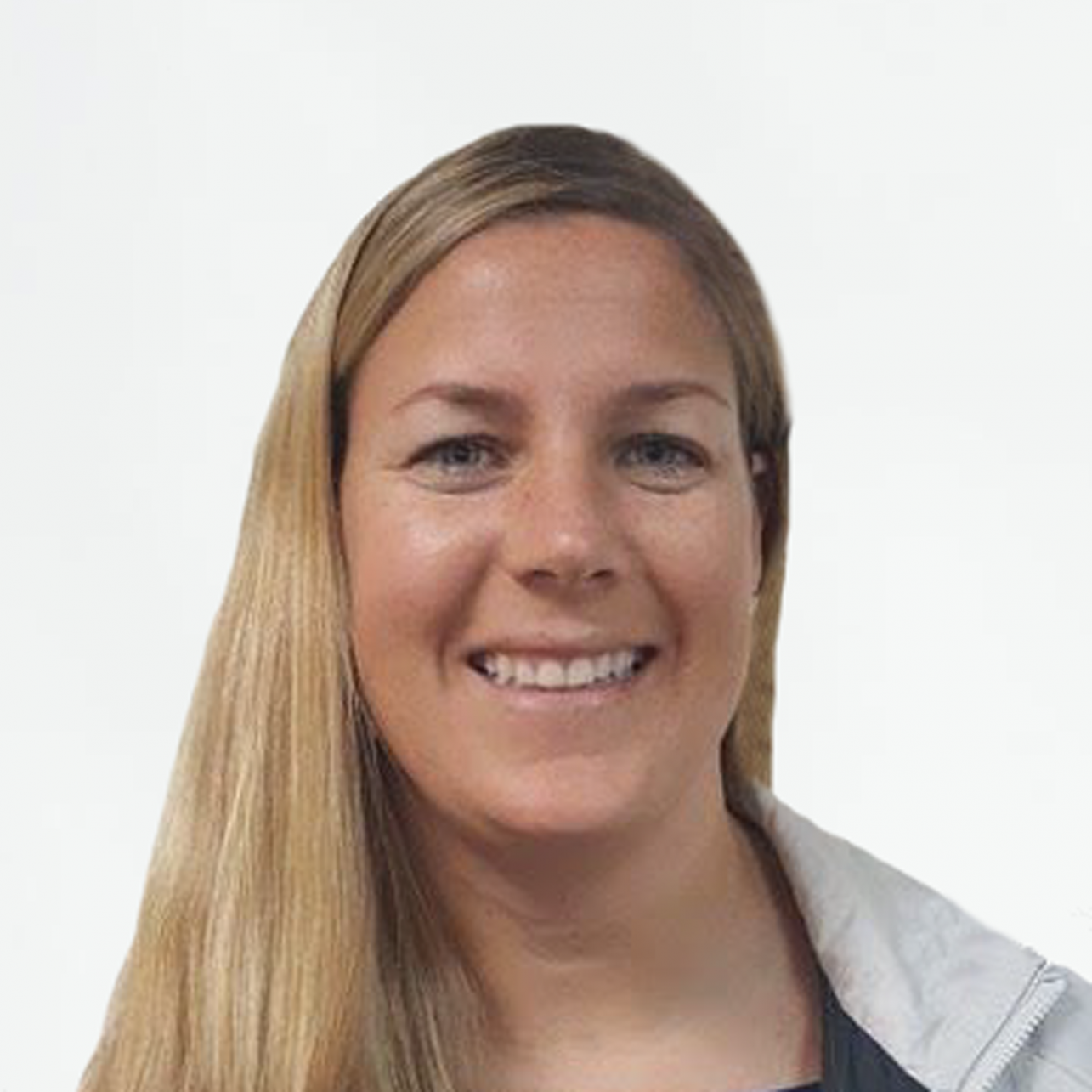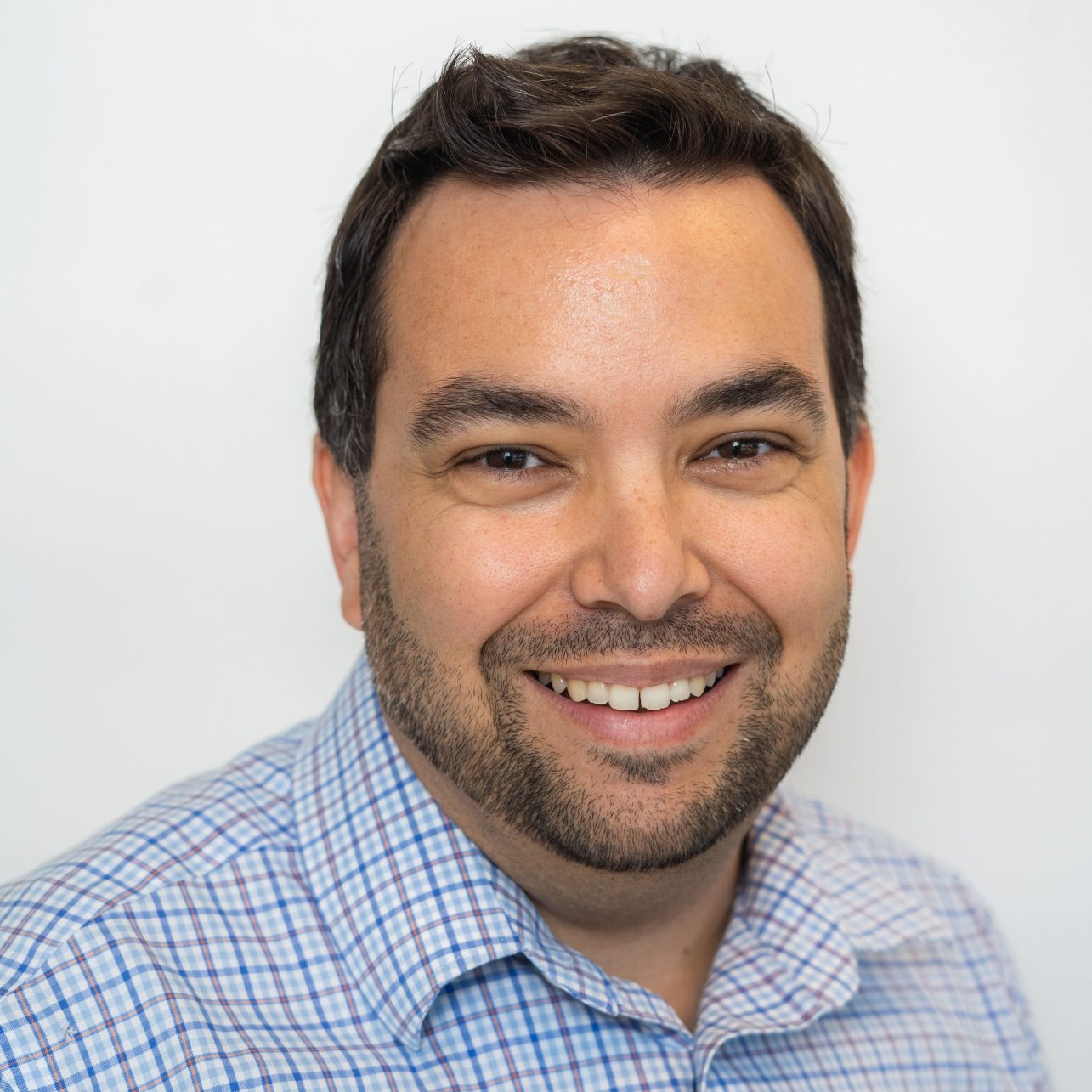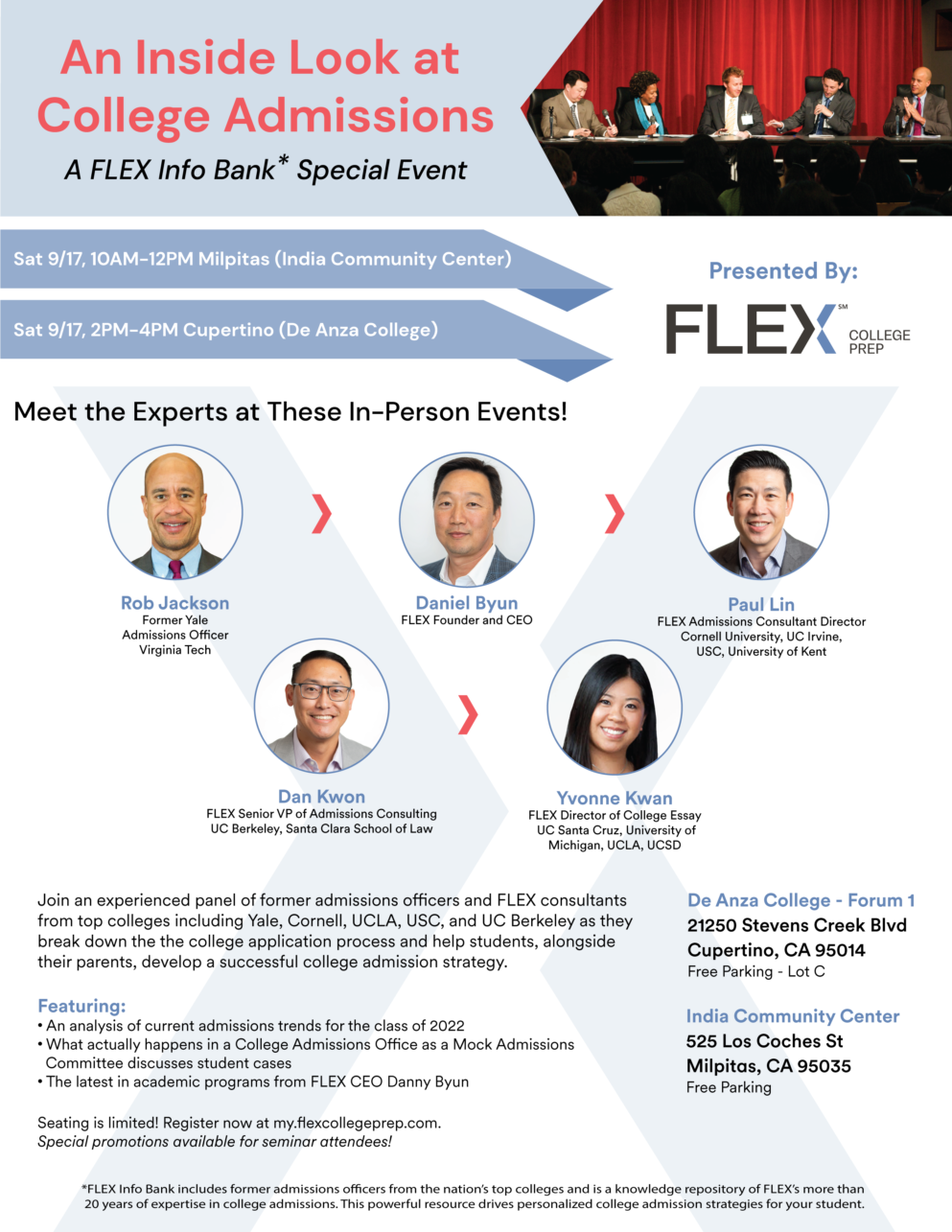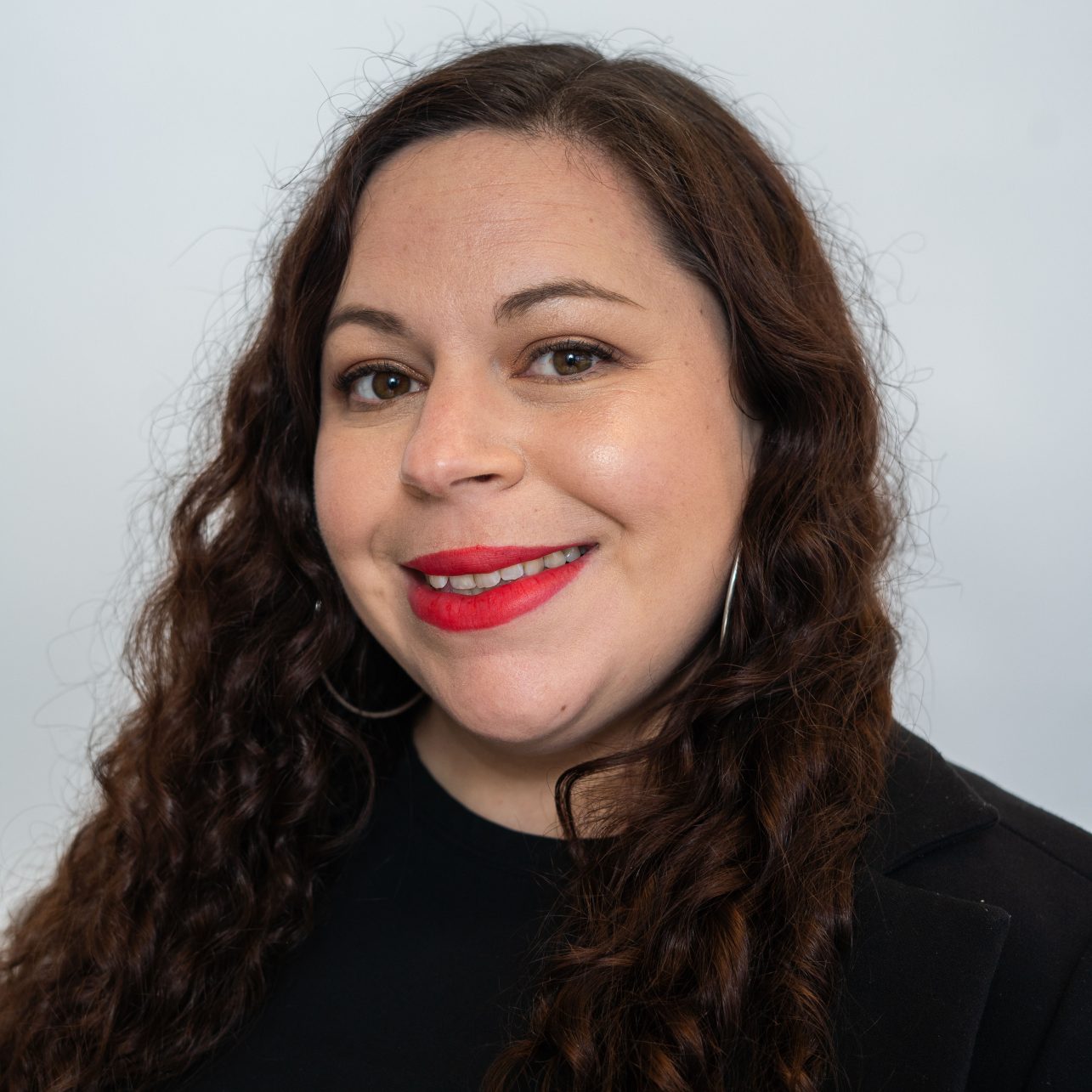As a college counselor, I always ensure that I gather pertinent information about a student (and family’s) college goals before making recommendations.
Some of that information includes:
- High school transcript
- Testing profile (standardized tests and scores)
- Resume of activities
These comprise the very basic set of data on any student. While this information is revealing and necessary, there is much more to an individual student’s future goals and aspirations than numbers and resumes. For example: What are a student’s target colleges? What is the student’s main goal for attending college? What major is the considering? Why? I often gain valuable insight on a student based on his or her answers to these questions.
For example, many students tell me they want to study a particular major because of a particular class in school they loved or about some outside area of study which they enjoy. A student might have had an inspiring experience in a dynamic teacher’s AP US History class. A student might just love reading. Another student might have always had an affinity for solving math problems. These students demonstrate a love of learning and a desire to develop that love through higher education.
Other students talk about their major in terms of what career they want to pursue. Many students, for example, will say they want to be “pre-med” because they want to be a doctor. (More on this below.) Such career-minded students often have a very common misconception about the American education system.
Many families view college as a time to gain training for the workplace. However, many US undergraduate institutions are not designed to prepare students for work. Rather, they prepare students for graduate school. The American system is designed for students to study and explore in college, then go to graduate (or professional) school for their vocational training.
This is not the case in most other countries. In many countries, academic and vocational training go hand in hand. For instance, in Korea, high school students who aspire to be physicians apply for college and medical school together. In America, other than the handful of colleges that offer combined degrees (Brown, for example, has an extremely selective combined BA-MD degree), institutions generally treat the undergraduate experience as a time for students to explore the various academic disciplines. That is why you can have a student with a BA in English go on to Harvard medical school.
In fact, most professional (law, medical, dental, pharmaceutical, business, etc.) training happens at the graduate (professional school) level. Consider that “pre-med” is not even a major at most institutions. Rather, it is a set of courses attached to any given major; these courses form a prerequisite for admission into medical school. So one can be English pre-med as well as Biology pre-med. Consider also that many colleges do not offer “business” as a major. Such colleges include: Harvard, Stanford, Yale, Princeton, Columbia, UCLA, UCSD, Pomona College, Williams College, and Amherst College. Many colleges do not offer a “pre-law” major. Students who wish to apply for MBA or JD programs subsequently take standardized tests (GMAT or LSAT) at some point during or after their undergraduate careers and apply to professional school from there. That is how you have someone who studies writing in college and ends up applying to law school with no pre-law background.
This system is often counter-intuitive for parents who want their children to go to college to develop skills to successfully enter the work force. Of course, there are institutions that do just that. For example, University of Pacific offers a dental degree for undergraduates. Such programs may be useful for the rare teenager who is sure enough at age seventeen or eighteen to commit to a career. However, for the vast majority of students, the time afforded during their undergraduate years to explore and confirm their future goals can be invaluable.
So what are students and parents to do?
Families must first develop a vision for what to achieve through college: job prep or graduate/professional school preparation. In doing so, families should note that a graduate degree increases a person’s career opportunities and income-earning potential over the long term. For instance, Forbes did a study that shows Harvey Mudd grads earn more money than graduates of any other college in the US because the school’s aim is to prepare students for STEM grad schools. In fact, Harvey-Mudd is more successful in placing students into top 10 STEM programs than MIT, CIT, UCB, Stanford, or Harvard. It is also important to understand the mission of each type of college in the US. If you quickly glance at the degrees offered, you’ll get a sense for each college type:
For example: CSU’s offer very practical career oriented majors because the school system is designed to prepare for the workforce. Such colleges might offer majors such as accounting, marketing, nursing, education, physical therapy, real estate. These studies often correlate directly with future job opportunities. As a result, they often afford more clarity and security in a student’s professional direction. However, the downside is that they allow less flexibility and opportunities to explore a student’s particular academic passions.
By contrast, most LACs and major research universities don’t offer vocational majors. Rather, students might study “economics” rather than “business,” per se. Other students might study majors that don’t translate directly into a particular profession, such as English, languages, or even Math. (This is why so many high-achieving Asian students graduate from Ivy-level schools and end up without jobs or careers, whereas their Cal State counterparts are well-established in the professional arena.) These academic environments give students the academic training required for a more specified course of study in graduate school. However, for the student who is not willing to commit to further studies, or who would like to enter the workforce more quickly, these universities can be less efficient at helping that student arrive at his or her professional goals.
In the decade-plus that I’ve been a college counselor, I’ve seen many families come into my office. The parents and students are near panic-stricken because the prospect of college seems so definitive and final. However, such families are often losing sight of the greater long-term goal. College is a means to a greater end: a student’s profession or career. All parents want their children to become happy, well-adjusted and productive members of society. Understanding a student’s future goals, therefore, should be instrumental in the college selection process.

Students need to stand out in the competitive admissions landscape. FLEX College Prep is a team of the best strategists in the industry and takes a holistic approach to ensure students use their pre-college years in intentional, enriching, and personally satisfying ways. Since 2001, we’ve worked with families to help students unlock their potential and find happiness, meaning, and success in college and beyond.









